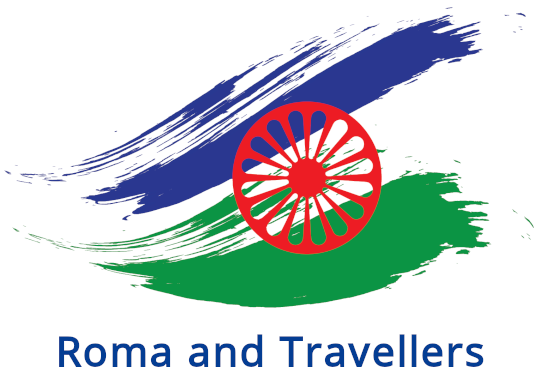Legal status / Identity documents / Statelessness

All of them are individual stories of deprivation of rights. The effects of being statelessness are particularly detrimental on children. Though every child has a right to a nationality, we may still find stateless children in Europe, many of them within Roma families. Their statelessness may have been caused by discrimination in laws, complex and costly administrative practices, conflicting nationality legislation or insufficient safeguards against statelessness. Some of the stateless children in Europe may have migrated to another region with their parents.
But statelessness in Europe is not only found amongst migrants. It is also found amongst persons who have lived in one particular country for decades. Children are even born into statelessness in Europe today. Without proper identification documents, individuals are essentially not people before the law and are de facto stateless and legally and administratively invisible, thus creating numerous obstacles in accessing education, healthcare, employment, housing, justice, participation in the political life, etc.
Administrative and financial obstacles should be urgently removed. Intra-community practices, such as child/early marriages resulting in complications for acquiring personal documents and birth certificates, should be addressed. Policy measures and initiatives, legislative changes in some cases, awareness-raising activities to inform Roma about procedures to acquire such documents and consequences for not having them for themselves and their families, should be taken to avoid statelessness. The Council of Europe supports and encourages national initiatives, such as the provision of free legal aid, the waving of administrative fees, Roma mediation, mobile registration units, transborder cooperation, mapping of displaced or stateless Roma. Special attention should be paid to the plight of the thousands of Roma and their families who have been victims of conflicts and were forced to move, e.g. from the former Yugoslavia and other more recent conflict areas, and who remain in hosting states truly invisible, legally-speaking.
- Recommendation Rec(83)1 of the Committee of Ministers on stateless nomads and nomads of undetermined nationality
- Recommendation 2003 (2012) of the Parliamentary Assembly on Roma migrants in Europe
- Recommendation 1941 (2010) of the Parliamentary Assembly on Roma asylum seekers in Europe
- Resolution 1768 (2010) of the Parliamentary Assembly on Roma asylum seekers in Europe
- Recommendation 1633 (2003) of the Parliamentary Assembly on Forced Returns of Roma from the former Federal Republic of Yugoslavia, including Kosovo, to Serbia and Montenegro from Council of Europe member States
- Recommendation 1557 (2002) of the Parliamentary Assembly on the legal situation of Roma in Europe
Legal status / Identity documents / Statelessness / Access to Justice
- Thematic report on the legal status of Roma from ex-Yugoslavia and their lack of ID documents (Italy, Bosnia and Herzegovina, Croatia, Montenegro, North Macedonia, Serbia, )
- Thematic report on challenges and best practices in implementing Roma inclusion strategies, with a focus on solving the lack of IDs and improving access to social services (Ukraine, Greece, North Macedonia, Poland Serbia)
- Thematic report on Roma and Traveller’s access to justice, with a gender focus (Finland,Bulgaria, Greece, Ireland, Italy, Romania, Spain)
- Thematic report on solving the lack of identity documents and statelessness of Roma (Albania, Bosnia And Herzegovina, Italy, Montenegro, Serbia, “The Former Yugoslav Republic of Macedonia” And Ukraine)
Host countries in bold



